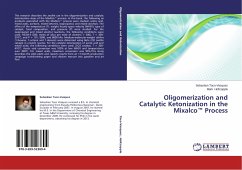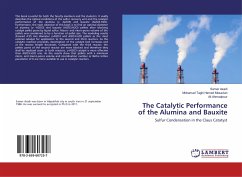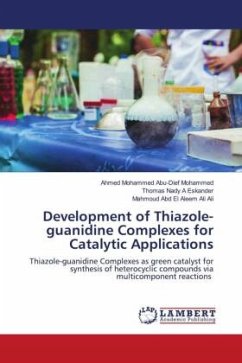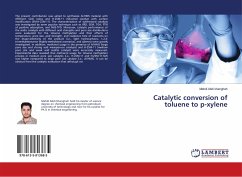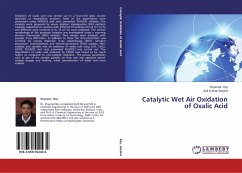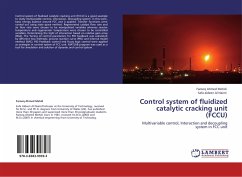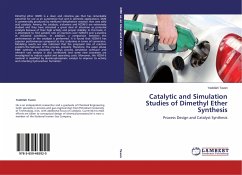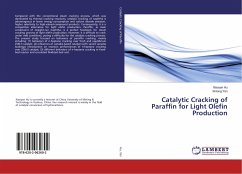This research describes the zeolite use in the oligomerization and catalytic ketonization steps of the MixAlco(TM) process. In this book, the following six products associated with the MixAlco(TM) process were studied: acetic acid, mixed acids, acetone, mixed ketones, isopropanol, and mixed alcohols. The effect of the temperature (T), weight hourly space velocity (WHSV), type of catalyst, feed composition, and pressure (P) were studied. For the isopropanol and mixed alcohol reactions, the following conditions were used: HZSM-5 (280, moles of silica per mole of alumina = 280), T = 300-510°C, and P = 101, 5000, and 8000 kPa. Medium-molecular-weight olefins (1-hexene, 1-octene and 1-decene) were dimerized using Beta (25) zeolite catalyst in a batch reactor. For the catalytic ketonization of acetic acid and mixed acids, the following conditions were used: ZrO2 catalyst, T = 300-410°C. Acetic acid conversion was 100% at low WHSV and temperatures over 400°C. For mixed acids, maximum conversion was 95%.This study describes the pilot plant and reports results from an 11-month production campaign transforming paper and chicken manure into gasoline and jet fuel.
Hinweis: Dieser Artikel kann nur an eine deutsche Lieferadresse ausgeliefert werden.
Hinweis: Dieser Artikel kann nur an eine deutsche Lieferadresse ausgeliefert werden.

